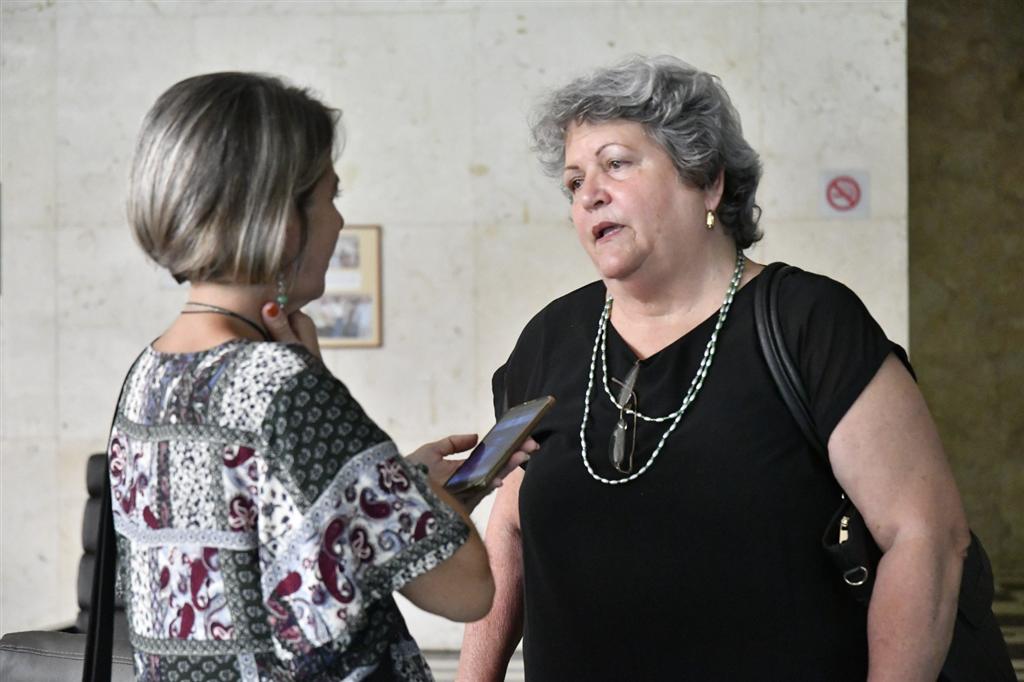In statements made to Prensa Latina, the expert from the National Center for Agricultural Health explained that a technical assistance mission from the Food and Agriculture Organization of the United Nations (FAO) is in the island to monitor this project and analyze the agenda of agricultural health with a view to strengthening sustainable agriculture.
Percedo pointed out that it is a project with government support and political will to support the one health approach in the national health strategy based on “international recognition of the growing interrelationship between the health of people, animals, plants and the environment.”
Together with the prevention, management and confrontation of risks to learn and adequately face the challenges with an intersectoral, collaborative and transdisciplinary perspective, a way in which all disciplines can make their contributions to this holistic vision, the researcher specified.
We are in a phase that also contributes to the future confrontation and the prevention of pandemics, clearly from the nation’s experience in managing disaster risk reduction -of all kinds- including those that affect the health of people and animals, he reflected, said the also coordinator of the technical mission.
Covid-19, she stressed, demonstrated the importance of unifying approaches to health to reduce risks, achieve optimal health and a better world, a topic recognized by international agencies and essential to achieve the Sustainable Development Goals.
Working together with FAO will allow us to achieve a project that strengthens capacities as a country, always with a collaborative, multidisciplinary, multisectoral and transdisciplinary approach, she said.
The current risks, she continued, are not based on the response capacity that the sectors can guarantee separately, we will only be able to respond satisfactorily to threats and risk prevention when a more collaborative work is achieved between sectors and not by each one separately.
She noted that prevention and response to risks and dangers have to be intersectoral and collaborative, and she exemplified the case of Covid-19 and cohesion to face problems of this magnitude in diseases that can affect animals or plants.
She is scientifically convinced that the only way to face the dangers of humanity is collaboratively. “No separate sector can face these dangers if it does not have the collaboration of others,” added the expert.
For her part, the director of Science and Technological Innovation of the Ministry of Public Health and head of the Una Salud government project, Ileana Morales, explained to Prensa Latina that Cuba is trying to break borders between the paradigm of human, animal, plants and the environment.
They can cause benefits or harm health and, in this context, integrate this sanitary dimension to a higher level in order to generalize actions that contribute to a better health of the population, plants, animals and the environment for a better well-being of the country.
The project seeks to build a bridge between these sectors so that the health paradigm is more inclusive, she remarked Morales.
Issues that require understanding, education and promotion in the town, people have to have that different look, “it is necessary to know that an animal disease can transcend in men or men can attack that environment,” she concluded.
ef/rgh/tdd










